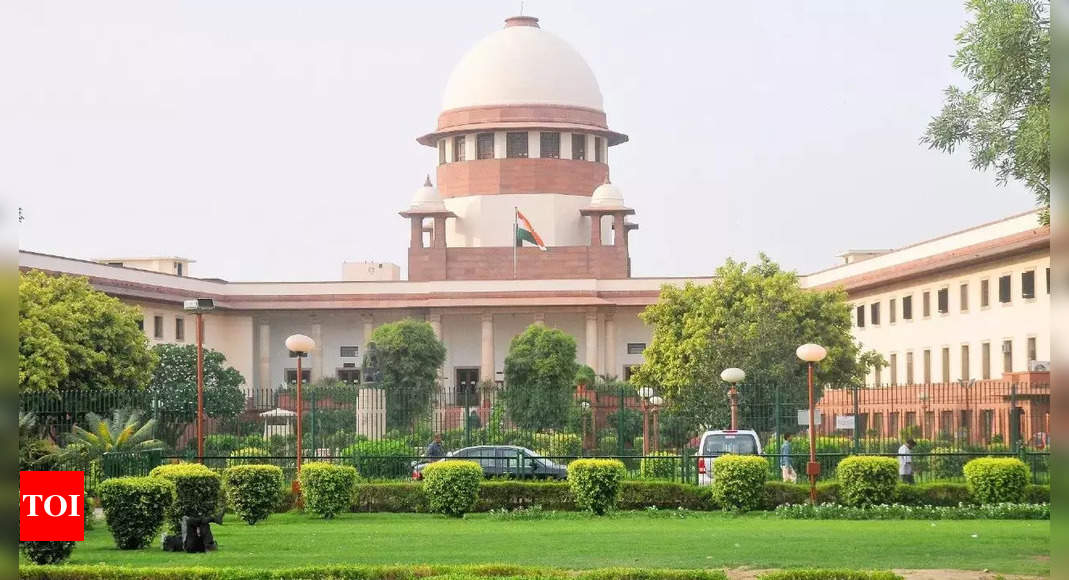Supreme Court ruled that no minority institution, fully funded by the government, can provide religious teaching to its students. Even partially funded minority institutions cannot insist on compulsory religious teaching. The ruling was made while discussing the 1951 amendment to the AMU Act. This article explores the arguments presented and the implications of the decision.
-
Uncategorized
The Centre objected to indications from the seven-judge Supreme Court bench led by CJI DY Chandrachud that it could use the ‘legal positivist’ approach, coupled with social considerations, to decide whether Aligarh Muslim University could regain its ‘minority character’. The bench raised the question of whether the surrendering of denominational status in 1920 would cost AMU its minority status permanently.









